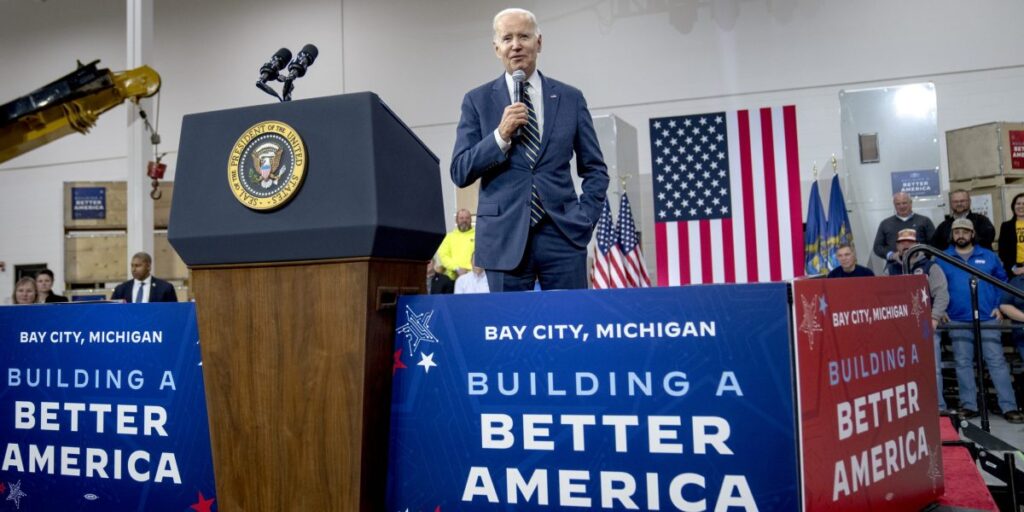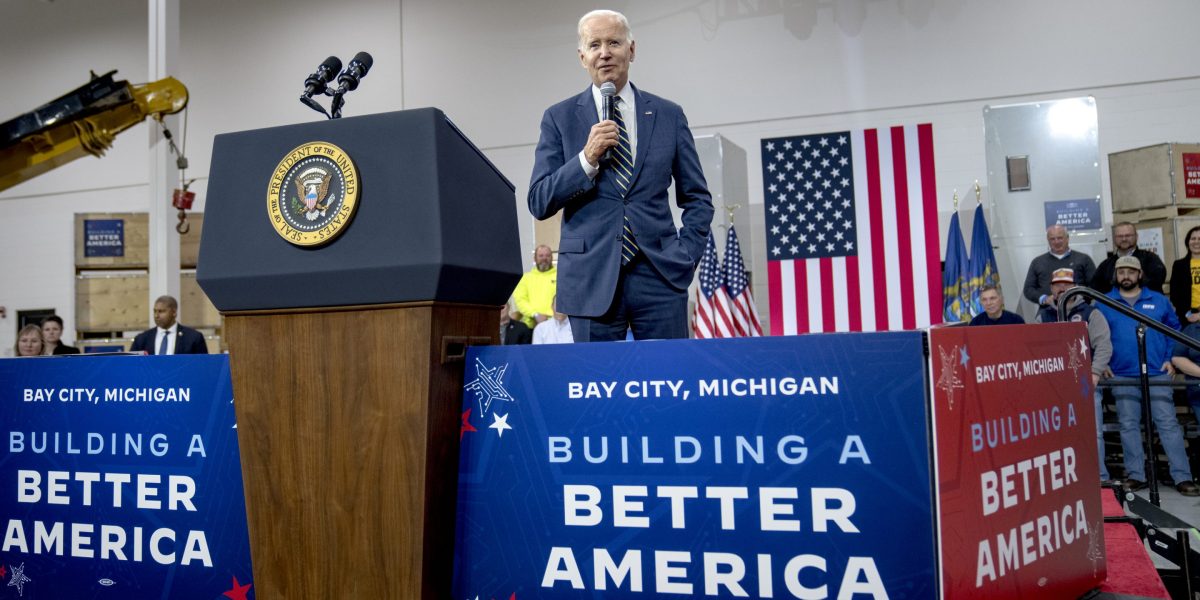This ‘old school’ investment strategy may be better for investors than flashier AI stocks, says Bank of America
Growth for the Magnificent Seven may already be largely priced in. But that’s not true for this corner of the market.


There’s no shortage of exciting headlines for investors to parse in search of investment opportunities, whether they relate to the AI craze or the presidential election. But when it comes down to it, an “old school” corner of the market is likely to be a much safer bet long term, says Bank of America.
“One area of concern presents strong investment implications: ailing U.S. infrastructure and the case for a long and strong ‘old school’ [capital expenditure] boom,” writes Savita Subramanian, BofA’s head of U.S. Equity Strategy and U.S. Quantitative Strategy.
Why? Well, “because stuff is old,” writes Subramanian. The U.S. has been under-investing in its infrastructure for more than a decade, and as the collapse of the Baltimore’s Francis Scott Key Bridge in March highlighted, shoring up weakening bridges and other infrastructure is likely be a top priority for the next administration. Some 42% of U.S. bridges are at least 50 years old, and some parts of the electric grid are over 100 years old, according to the American Society of Civil Engineers.
“The additional deterioration over the next 50 years will become overwhelming,” the ASCE wrote in 2021.
While infrastructure crumbles, manufacturing activity has been accelerating in recent years, putting even more strain on everything. And manufacturing needs could continue to expand due to heavy investment in AI, BofA notes: power usage for U.S. data centers under construction to power AI is expected to increase significantly. That could make infrastructure investments more attractive relative to the rest of the market.
“AI/TMT capex beneficiaries are pricing in strong growth after a year of momentum,” BofA writes. “But monetization may be years away, and grid/infrastructure/manufacturing capacity present a bottleneck.”
The Biden administration has already aimed at fixing some of the nation’s aging infrastructure with bills like the Infrastructure Investment and Jobs Act of 2021, the Inflation Reduction Act of 2022, and the CHIPS and Science Act of 2022. These investments are expected to continue even under a Republican president—it’s simply too costly not to keep investing.
“A rising death toll related to fraying infrastructure argues that the ROI on refurbishment spend is inestimable,” writes Subramanian.
BofA notes that much of the investments into infrastructure are flowing into roads and bridges, as well as other large projects. The industrials and materials sectors are the best investment opportunity within traditional infrastructure, the analysts write.
To that end, companies like Caterpillar (CAT), Eaton Corp. (ETN), Martin Marietta Materials (MLM), and United Rentals (URI) might be smart picks. An even better bet might be investing in funds with exposure to those two sectors, like the iShares US Industrials ETF (IYJ) or the Vanguard Materials Index Admiral (VMIAX).





